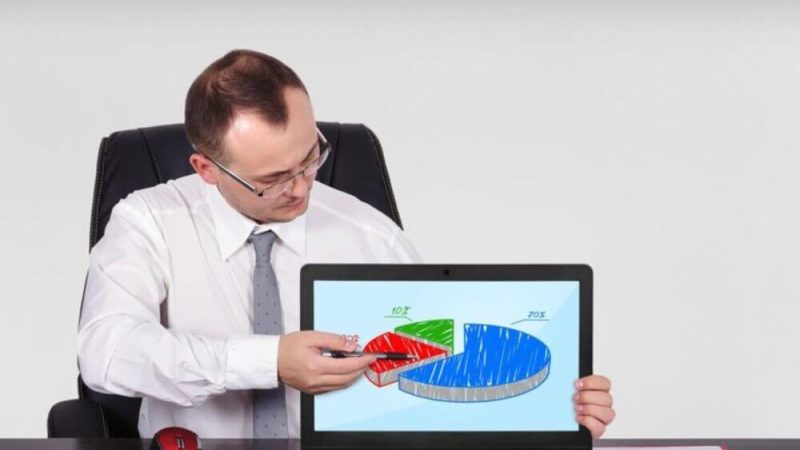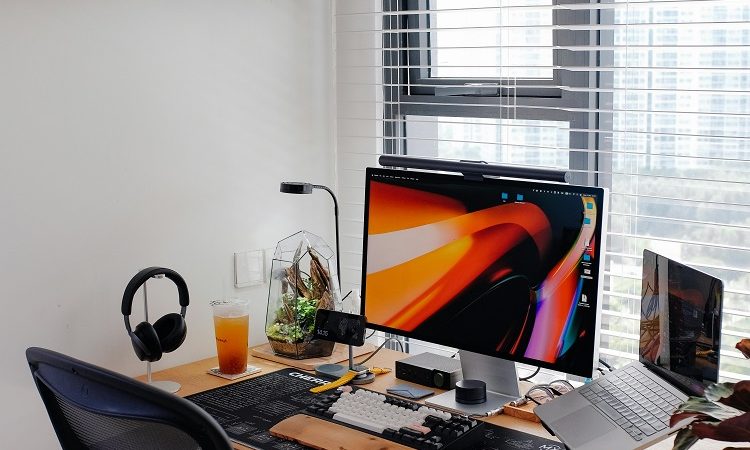A Country With A Brand New Approach To Drug Rehabilitation

Approximately a quarter of a billion people worldwide have used drugs at least once, according to a suboxone clinic. 12% of them are already drug addicts, they are unable to cope with this problem on their own and need special treatment. At least 190,000 people die annually from drug overdoses, mainly opioids. Most of them are young people. The largest number of drug addicts is recorded in the USA – 28.6 million people aged 12 and over. Such sad statistics were made public during the 61st session of the United Nations Commission on Narcotic Drugs.
UN Secretary-General António Guterres, addressing the participants of the commission, called on them to outline “the most appropriate and balanced course” to combat the expansion of drugs: to put an end to organized crime and to ensure the protection and treatment of drug addicts. Awareness of this problem at such a high level happened much earlier. More than ten years ago, another UN Secretary-General, Kofi Annan, stated with sadness: “Drugs have destroyed many lives, but the wrong drug policy – even more!”.
It also concerns the accessibility of drug rehabilitation regarding finances or location. If you google free rehabs near me, how many options will you find? Or if an addict gets caught with drugs, what is the possibility that they get nice treatment instead of a prison term?
Portugal
From 1932 to 1968, the de facto leader of Portugal was Antonio Salazar, who established a military dictatorship in the country. In 1968, he suffered a stroke, died in 1970, and four years later, the bloodless Carnation Revolution took place in the country – a group of soldiers organized a putsch supported by the broad masses of the population. Soon after, the military handed over power to a civilian coalition government and society suddenly became progressive and open. Both to positive developments and the dangers of the “big world.” Soldiers returned to the country – from Angola, Mozambique, etc., and many rapid social changes took place.
Freedom poured into Portugal, literally and figuratively. Due to its convenient location, drug trafficking from Africa, America, the East passed through the small country at the very edge of Europe. Lisbon became the grand entrance to Europe for South American cocaine, Middle Eastern heroin, and African hashish. There was a real explosion in the availability of drugs, people began to experiment with them. But it was not like in other European countries. In Portugal, drugs have spread throughout society, in all social groups – not only among the marginalized or minorities, but also in the middle and upper class, and among politicians. The abandonment of the colonies also contributed to the too quick acquaintance of the Portuguese with a wide range of drugs. For example, a stream of repatriates, already familiar with the substances, poured into their homeland.
In the 2000s, the problem of heavy drug use was accompanied by a significant increase in AIDS cases – thousands of new HIV infections were registered among injecting drug users per year. Portugal took first place in Europe in terms of the prevalence of this disease – and in many ways because of the situation with heroin. Drug addiction has turned into an uncontrollable social problem in the country.
In 2001, Portugal could boast of the most serious problems with drug addiction in the entire European Union – the country had the highest number of HIV-infected people among injection drug users, with 2,000 new cases per year for a population of 10 million people. Almost 1% of the population is addicted to heroin, the highest percentage of AIDS deaths in the EU.
Decriminalization
Having not suppressed the epidemic for two decades with traditional force methods, the Portuguese authorities came up with a revolutionary idea – to decriminalize the possession of all types of drugs to fight the disease, not people.
To solve the problem, a commission was created to develop a national strategy to combat drugs, which included psychiatrists, psychologists, and professors from various Portuguese universities. By 1998, the commission had prepared a report recommending that the government decriminalize all types of drugs. The goal of the strategy was to change the attitude towards addicts and reclassify drug addiction from a criminal problem to a medical one. Punishment for drug use was proposed to be replaced by primary prevention, in addition, the commission recommended providing free addiction help for all who are interested in it.
An important justification for decriminalization was that the rejection of the “shame” associated with the criminal prosecution of drug users should remove the most important barrier that stands in the way of those who want to recover. Even in countries where drug use is generally not punishable by prison terms, such as Spain, the shame associated with being tried as a criminal persists. Portuguese policy is directly aimed at preventing public condemnation.
In 1999, the Council of Ministers of the federal government of Portugal approved the text of the report almost entirely, and in July 2001 the relevant law entered into force.
Special conviction commissions have been established in all 18 administrative districts of Portugal. They began to deal with administrative cases against people found guilty of using or possessing drugs. After the law entered into force on decriminalization, if a police officer detected a permissible dose of drugs in a person, he did not arrest them, but recorded the violator’s data and sent them to the nearest conviction commission. Such commissions included a social worker, a psychologist, and a lawyer, who were supposed to analyze the case and make a decision.
At the same time, dozens of free drugs rehabilitation centers for assisting drug addicts, detoxification and psychological rehabilitation have started operating throughout Portugal. Substitution therapy centers have been operating since 1977, where people addicted to opiates are offered methadone, and since the end of the 1990s, buprenorphine. Three regional reintegration programs help ex-addicts with regular training, job search and housing. Thousands of Portuguese pharmacies allow you to exchange used tools for new ones free of charge, issuing a set of several syringes, condoms, alcohol swabs, and brochures about rehabilitation and free addiction help. Similar sets are also distributed on the streets.
A comprehensive approach and taking measures to solve the problem at all possible levels became crucial to the program’s success.
Decriminalization by itself would be useless. Together with it, it is necessary to build a health care system ready to cope with the problems caused by drugs. It is necessary to provide easily accessible treatment without queues, coercion, and payment for everyone who needs it, that is why a lot of free rehab centers and free alcohol rehabs appeared.
The results
The death rate caused by drugs in Portugal is three people per million inhabitants, about 30 people per year. This is the lowest indicator in the European Union (average – 17.3). For comparison: in the USA, where a rather strict policy of drug criminalization is mainly carried out, in 2016, 52 thousand people died of an overdose. HIV infections among drug users decreased in Portugal from 1,016 cases in 2001 to 56 in 2012. The total number of people addicted to heroin in the country has decreased four times in 15 years – from 100,000 to 25,000 people.





